Love & Fascism In The 21st Century (2018)
Love & Fascism in the 21st Century
ジャンル :
上映時間 : 1時間 14分
演出 : Carmen-Sibha Keiso
シノプシス
In search of the archival, Carmen-Sibha Keiso re-imagines theatre and film through personal narrative in her conceptual debut: Love & Fascism In The 21st Century. "... if Rappaport was in an art school." - Ferran Pla

The Short Films of David Lynch (2002) is a DVD collection of the early student and commissioned film work of American filmmaker David Lynch. As such, the collection does not include Lynch's later short work, which are listed in the filmography. The films are listed in chronological order, with brief descriptions of each film. The DVD contains introductions by Lynch to each film, which can be viewed individually or in sequence. # 1 Six Figures Getting Sick (Six Times) # 2 The Alphabet # 3 The Grandmother # 4 The Amputee # 5 The Cowboy and the Frenchman # 6 Premonitions Following an Evil Deed

The story of John Wilmot, a.k.a. the Earl of Rochester, a 17th century poet who famously drank and debauched his way to an early grave, only to earn posthumous critical acclaim for his life's work.
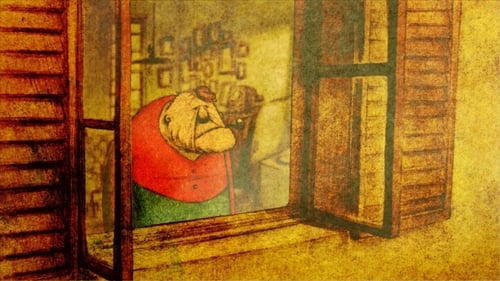
映像作家・加藤久仁生が制作した短編アニメーションで、後にフランスのアヌシー国際アニメーション映画祭で最高賞を受賞、さらにはアカデミー賞の短編アニメ映画賞をも受賞し、一躍世間の話題となった。海面が上昇したことで水没しつつある街に一人残り、まるで塔のようにそびえ立った家で暮らしている老人がいた。彼は家が沈みかけるたびに、積み木のように上へ上へと家を建て増しすることで難をしのぎつつも穏やかに暮らしていた。そんなある日、彼はお気に入りのパイプを海中へと落としてしまう。それを拾うために彼はダイバー姿になって海中へと潜っていくが、やがて彼はかつて共に暮らしていた家族との思い出を回想していく。セリフが無く物語は淡々と進むが、海外で受賞後に日本で上映された際には女優の長澤まさみがナレーションを担当した。
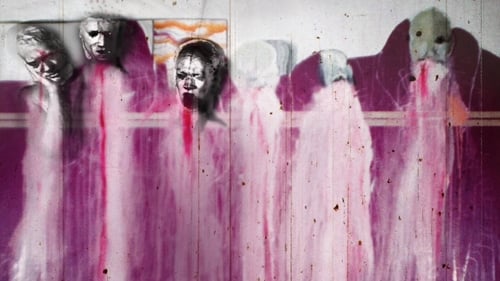
Lynch's first film project consists of a loop of six people vomiting projected on to a special sculptured screen featuring twisted three-dimensional faces.

Glimpses and sparkles of light lead us onto the dreamy path of a timeless place, immersed within ancient nature. There, the ancestors move beyond the darkness, seeking to create another (im)possible world.

In the seaside town of Canvey Island, we meet Charlie, an 8-year-old boy with a great imagination. He spends his school summer holidays in isolation, playing with his toys and too afraid to leave his room. One fateful day he becomes so hungry he must venture downstairs and into certain danger to retrieve food. It is on this mission where he comes face to face with his greatest fear; his Zombie Parents! And his true adventure begins!
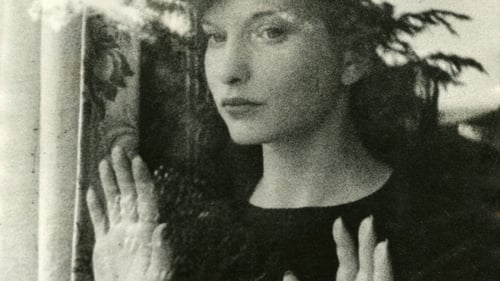
A woman returning home falls asleep and has vivid dreams that may or may not be happening in reality. Through repetitive images and complete mismatching of the objective view of time and space, her dark inner desires play out on-screen.

CREMASTER 4 (1994) adheres most closely to the project's biological model. This penultimate episode describes the system's onward rush toward descension despite its resistance to division. The logo for this chapter is the Manx triskelion - three identical armored legs revolving around a central axis. Set on the Isle of Man, the film absorbs the island's folklore ...
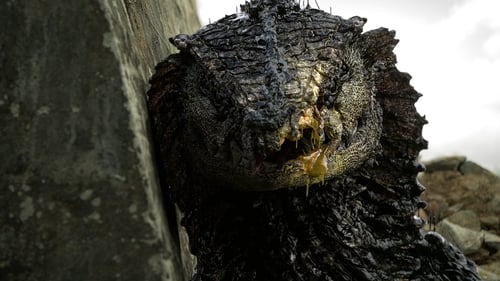
A story of broken humanity following the invasion of a technologically superior alien species. Bleak, harrowing, and unrelenting, the humans must find enough courage to go on fighting.

Investigating autumn, temporal alterations, and their effect on movement

Mockumentary experimental film, which shows one day in the life of a young man. The action takes place on the Day of Soviet Cosmonautics, April 12, one of the last years of the USSR. Outside the window, it is gradually getting warmer, the onset of spring is felt, promising hope for the possibility of changes in the country. The hero of the film is fond of space. The young man, who idolizes Gagarin, is engaged in reconstruction, making the uniform in which the cosmonaut walked in the prime of his glory. Our hero is also a film enthusiast. He makes films with stories of space flights and shows them to his friends. The film is stylized as amateur films of the 1980s and was shot on a 16-mm color film made by the company" Svema", made in the Soviet Union. The quality of this film allows the viewer to fully immerse themselves in the atmosphere of the time of the film, which is dedicated to Soviet cosmonautics and Edward D. Wood Jr.
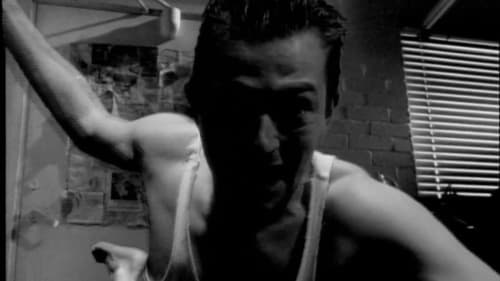
In his squalid apartment, a man tries to squash with his shoe an insect of some kind that is moving around the room.
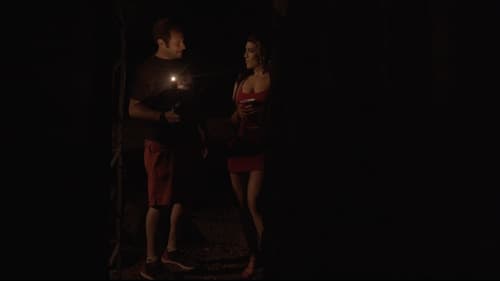
A costume designer is sent to the Catskills for an interactive theatre piece set in the 1920s. When she arrives things seem dark, strange and off. She soon realizes she is part of a student film.
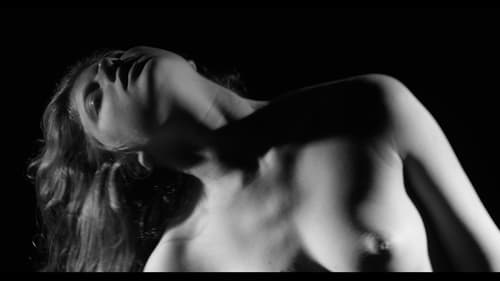
Dance becomes a vehicle to show love's different phases. Amor y Asfixia consists of three scenes that seek to dismantle certain social stereotypes linked to the women's body and its role in dance. It's a short film that experiments with the human body to initiate a bigger discussion.
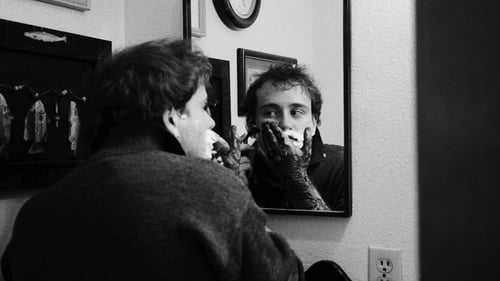
Seeking fulfillment, a young drifter forgoes isolation to embark on a year-long murder spree.
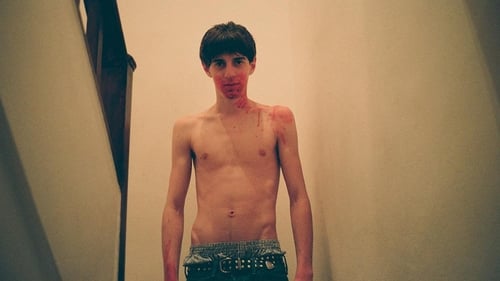
Each day after work, Carlos, a language school teacher, frequents the heady surroundings of his local cruising ground. One evening he encounters a teenage boy from his class named Toni, and the two engage in a brief sexual tryst. As the relationship between teacher and student begins to develop, some dark truths emerge about the young man and his mysterious group of friends.
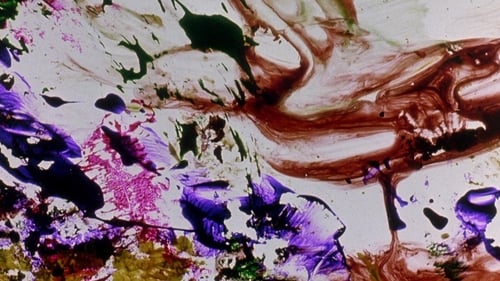
A visual representation, in four parts, of one man's internalization of "The Divine Comedy." Hell is a series of multicolored brush strokes against a white background; the speed of the changing images varies. "Hell Spit Flexion," or springing out of Hell, is on smaller film stock, taking the center of the frame. Montages of color move rapidly with a star and the edge of a lighted moon briefly visible. Purgation is back to full frame; blurs of color occasionally slow down then freeze. From time to time, an image, such as a window or a face, is distinguishable for a moment. In "existence is song," colors swirl then flash in and out of view. Behind the vivid colors are momentary glimpses of volcanic activity.
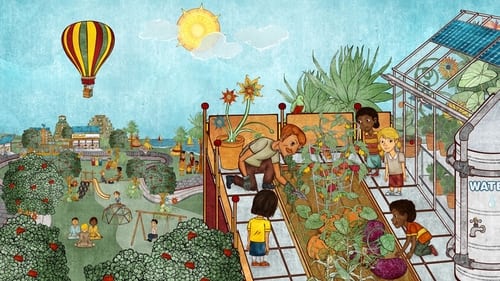
2012: Time For Change is a documentary feature that presents ways to transform our unsustainable society into a regenerative planetary culture. This can be achieved through a personal and global change of consciousness and the systemic implementation of ecological design.

A Japanese fairy tale meets commedia dell'Arte. All in white, the naïf Pierrot lies in a wood. Doo-wop music plays as he rises, stares about, and reaches for the moon. Although music abounds and the children of the wood are there at play, Pierrot is melancholy and alone. Harlequin appears, brimming with confidence and energy. He conjures the lovely Colombina. Pierrot is dazzled. But can the course of true love run smooth?
Filmed in France in 1950, it was not completed nor released until 1971



















